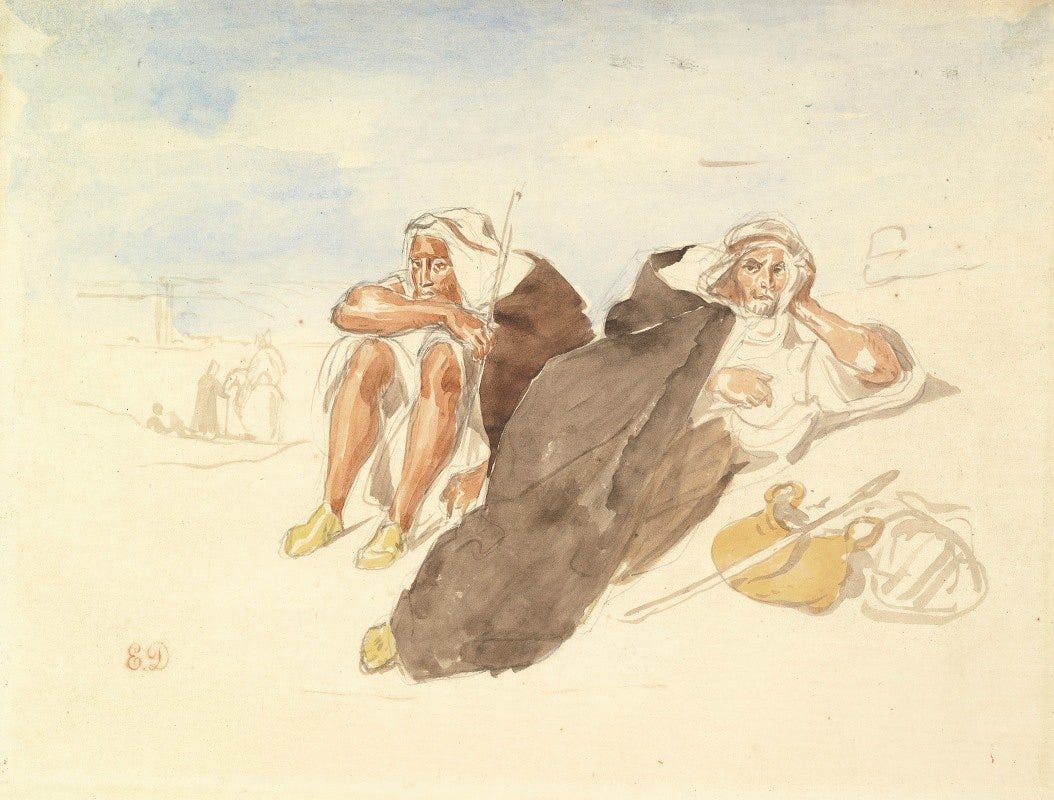On American Narcissism
So easily impassioned and 'tribal,' Arabs seemed hopeless. What could we possibly learn from them?
I’ve always had a deep appreciation for the word “exceptionalism.” It invites the reader to make their own judgments about whether a particular kind of distinctiveness is, on balance, good or bad. If, for example, Islam is exceptional in how it plays an outsized role in politics, then the follow-up question becomes an interesting one: how do you feel ab…




